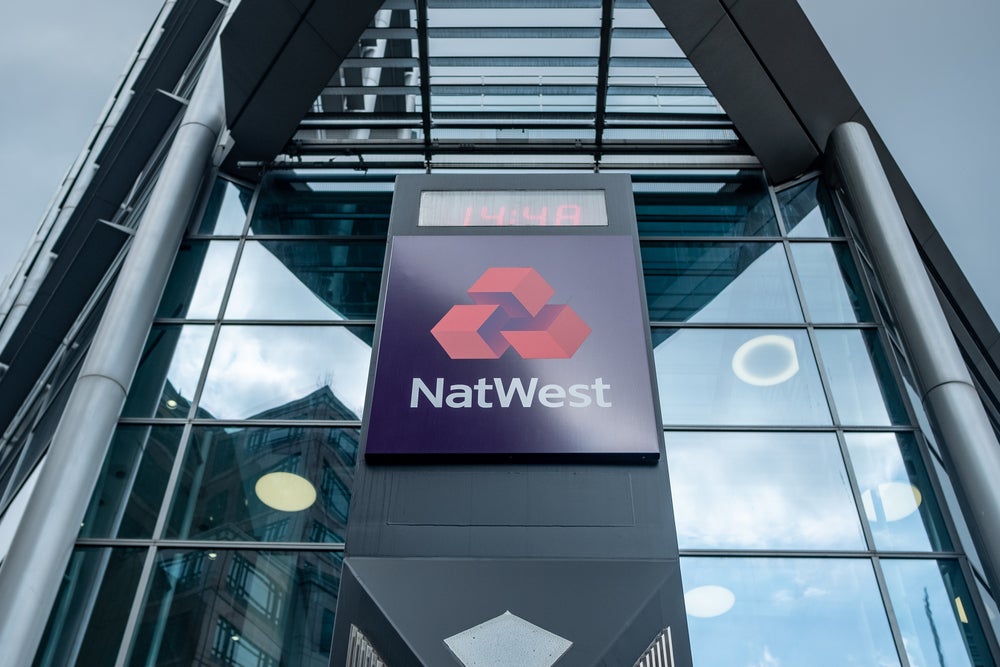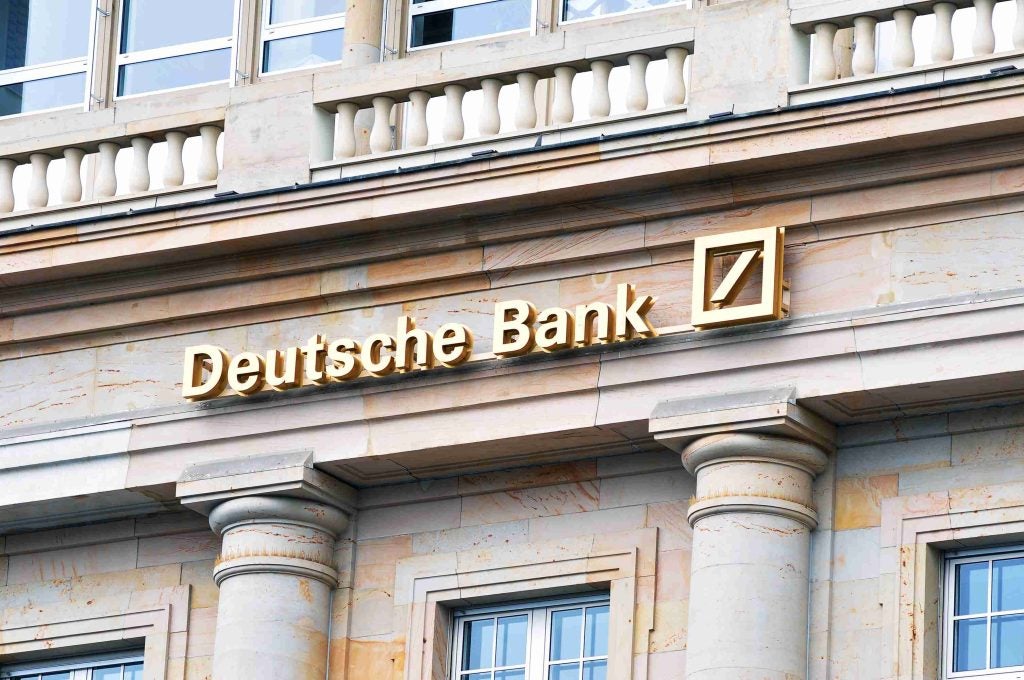Germany’s robo-advice market is heating up quickly, and the younger tech-savvy population is a captive market for the slew of automated advisory service providers that are setting up shop. But do the new breed of advisors pose any real threat to the traditional wealth management industry? John Schaffer reports
Not always as talked-about as the US, the UK, Singapore or Switzerland, but Germany seems to be emerging as a robo-advice hot-spot. Such is the popularity of robo-advisors in the country that Deutsche Bank and Commerzbank, two of Germany’s biggest lenders, have dipped their feet into robo-advisory waters.
There are approximately 38 wealth management-related robo-advisory firms – both B2B and B2C – in Germany, according to a 2016 Deloitte report. The Federal Ministry of Finance estimates that between 2007 and 2015 the assets managed by German robo-advice providers rose by a factor of 10 to more than €360m ($386m). Research from Oliver Wyman and Deutsche Bank estimates that the assets managed by German robo-advisors could reach €20–30bn by 2020.
The growth in demand can be attributed to changing demographics, with technology-based professionals in their 30s and 40s beginning to acquire wealth, as well as a significant inter-generational wealth transfer that is due to take place in Germany over the next two decades. The typical 50-plus private banking cohort is also increasingly attracted to automated advisory services.
According to GlobalData Financial Services, approximately 86% of German wealth managers believe they have already begun to lose some of their market share to automated investment services.
How well do you really know your competitors?
Access the most comprehensive Company Profiles on the market, powered by GlobalData. Save hours of research. Gain competitive edge.

Thank you!
Your download email will arrive shortly
Not ready to buy yet? Download a free sample
We are confident about the unique quality of our Company Profiles. However, we want you to make the most beneficial decision for your business, so we offer a free sample that you can download by submitting the below form
By GlobalDataAlthough the disruptive value of robo-advisors is often over-analysed, their share of total assets under management (AuM) in Germany pales in comparison to wealth managers and private banks.
Dominik Moulliet, senior manager of financial services solutions at Deloitte, suggests that although there is the potential of threat, both fintechs and traditional players could benefit from collaboration: “We will see a change in the business model with robo-advisors being an integral part of it.
“Private banks can benefit from cost efficiencies and attracting new revenue potential in the lower end of the market. Approximately 15–20% of wealth managers have dead clients on their books, meaning they don’t make much money from them, if at all. A robo-advice platform can keep these clients happy, while freeing up human advisers to do more profitable work.”
Why Germany? Why now?
The German private banking market may be broadly divided into four categories: pure-play private banking (for instance, Berenberg Bank), private banking divisions created/undertaken by universal banks (think Deutsche Bank), diversified strategies where financial institutions combine a mixture of traits such as traditional and universal banking characteristics (such as BFH Bank), and new entrants. The largest share of private banking AuM is dominated by domestic players Deutsche Bank, Commerzbank and MM Warburg & Co Private Banking.
Germany’s wealth market is sizable, and rife with opportunity. According to WealthInsight, there were 1,338,051 HNWIs in Germany in 2015, collectively holding $4.4trn in wealth. WealthInsight also indicates that 35.1% ($1.5trn) of German HNWI wealth was held outside Germany.
However, Moulliet suggests a large portion of foreign-held assets could be moved back to Germany: “The German market is seeing a strong tendency towards the repatriation of foreign-held assets.
“The demise of Swiss banking secrecy and a global push for tax transparency have shifted clients’ priorities in favour of onshore money, giving wealth and investment managers a unique opportunity to increase their AuM.”
Although the growth potential for German robo-advisors is significant, and could take some business away from private banks, the traditional players are still likely to dominate.
Deutsche Bank alone has a global AuM of $311.4bn, and even smaller boutique banks are streets ahead of the fintechs – Berenberg, for example, has AuM of $43bn, which far surpasses the forecasts for any German automated advisory service.
Not all plain sailing
Moulliet says robo-advisors in Germany tend not to be fully fledged wealth managers. He tells PBI: “They merely distribute products, so they are not regulated by [independent German Federal agency] BaFin.
“It’s quite easy to set up a basic robo-advisory company in Germany, but a lot of them have small AuM numbers. Most will cease to exist in five years if they can’t raise enough AuM.
“It’s difficult to become a fully fledged wealth manager in Germany because you need to show the regulator that you have experience running an asset or wealth management company. Most companies have a partner on board; you can’t come from a technical background and have a license granted.”
Erik Podzuweit, co-founder and CEO of Scalable Capital – a robo-advice firm that has launched in both the UK and Germany – tells PBI that such startups are only profitable when they reach AuM of between €800m and €1bn.
A false start for the banks?
Major banks in Germany have not been oblivious to the emergence of robo-advice. Alongside local bigwigs Deutsche Bank and Commerzbank, similar online wealth management platforms have been launched by international players such as UBS. However, their success has been varied.
Deutsche Bank launched its AnlageFinder robo-advice service in December 2015 – an extension of its MaxBlue online banking platform. However, the bank halted active promotion of AnlageFinder soon after launch due to key changes made by BaFin.
Juergen von der Lehr, head of digital discretionary portfolio management at Deutsche Bank, tells PBI: “We launched our robo-advisor AnlageFinder under the assumption that providing clients with a recommendation on an asset allocation would not be qualified as an advisory service under the securities trading act. We have since revised this approach.”
Von der Lehr adds that further clarifications to the regulatory environment have prompted the bank to offer an online discretionary portfolio management service, set to be launched in summer 2017.
The service will be open to mass affluent investors and will initially focus on passive products. Von der Lehr suggests the entry level will be €10,000, markedly lower that the typical €2m entry requirement for Deutsche Bank’s wealth management clients.
Commerzbank’s robo-advice offering is less oriented around typical private banking clients, but has been markedly more successful. The service, AnlageAssistent, is associated with the bank’s comdirect subsidiary, and was launched in 2014.
Geerd Lukassen, spokesperson at comdirect, tells PBI: “At present, several thousand customers use the comdirect AnlageAssistent and invest a three-digit-million amount through it – either as savings plans or as one-off investments.”
Podzuweit suggests that banks’ adoption of robo-advice does not pose a threat to his business. He says ETF providers such as Vanguard pose more of a challenge to robo-advisors, and suggests that private banks are “cannibalising their businesses” by offering automated advisory services.
He adds that although the traditional players have the capability to offer these services, they conflict with their current business model. Podzuweit notes that UBS’s robo-advice offering in Germany charges fees of 1.3% plus VAT, which are higher than the bank’s traditional offering.
Podzuweit says: “We are not claiming to disrupt all aspects of private banking”, adding that Scalable Capital is not providing complex financial planning solutions, but that the majority of investment in bonds and equities can be achieved via an algorithm. He adds that German investors are looking to “unbundle” their services, rather than go to a company as a one-stop-shop.
This view is echoed by a Deloitte report – 10 Disruptive Trends in Wealth Management (2015) – which suggests that new wealth management clients are increasingly well educated and like to stay in control of their finances. This results in reduced confidence in traditional financial institutions, and fewer people seeking financial advice from a single source.
White label collaborations inevitable
Moulliet says the rise of robo-advisors in Germany will propel hybrid models, which is the future. He believes that if private banks “neglect the trend of robo-advice, they will disappear in five years.”
However, he adds that for fintechs to be successful they will have to collaborate with incumbent wealth managers and private banks by moving away from a B2C approach and offering white-label solutions.
“Banks are typically not good as technology providers, so the co-operation model works best as it also gives some leverage to the fintechs.”







